Anyone who arrives in the Algarve these days will think that the drought we are going through, which is affecting the entire Mediterranean, is something abnormal, something that has never happened before. A plague that has befallen us and that insists on lasting.
For some, it's climate change, which now burdens them with the responsibilities (or irresponsibility of others) for everything and anything else, for others, it's the governments that didn't take action, or the mayors, as if, in the month they return raining in abundance, everything will not be quickly forgotten, as has always happened.
And I don't believe that the arrogance, selfishness and arrogance with which the majority demands water, which does not fall from the sky, whether from farmers, businesspeople and citizens, sensitizes São Pedro to open the taps.
But after all, why doesn't it rain?
In the south of the country and in the Algarve, in particular, the climate is Mediterranean, that is, with long summers and short winters and irregular rainfall. There are very few who lived through the terrible drought of 1943-1946, where people slept next to wells, anxious to see the sunrise and be able to carry a pitcher of water home, on the back of a donkey.
The cisterns had dried up long before and the solution was to deepen most of the wells, so that the people of the Algarve would not die of thirst. Further away, there is the drought of 1929 or even that of 1905-1907, the memories of which have long been lost.
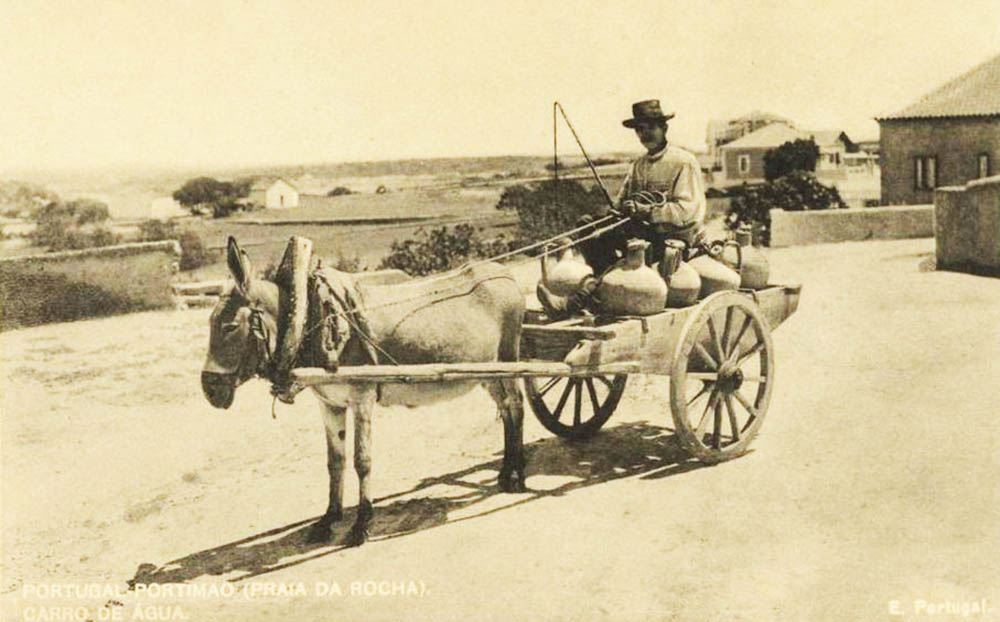
But what is not lacking in the history of the Algarve are episodes of terrible droughts, which often sowed misery and famine, such as that of 1875, which we have already remembered here, then renewed in 1878.
Regarding the latter, the Chamber of Silves recorded, in minutes, on January 15th of that year: «the unfortunate children of the Algarve, persecuted by the greatest adversity of which there is no memory». This time resulted in an increase in public works (such as the Faro to Beja), to satisfy hunger in the Algarve.
In the Algarve of yesteryear, people didn't live, they survived on the «passinhas do Algarve». Religious processions praying for rain were the rule and not the exception, which lasted century after century, as evidenced by the records of the confraternities, in any parish archive. However, people have never lived beyond their means, and the balance of nature has never been called into question by our ancestors.

With the opening of the first artesian wells, starting in the 1960s, and the discovery of large underground aquifers, such as that of Querença/Silves, which the expansion of electrification in the rural world, after the 25th of April 1974, allowed and encouraged, the people of the Algarve forgot the value and importance of saving water.
From an agricultural point of view, still in the 1950s, the first dams were built, such as Arade (1956), Bravura (1959), followed, in the 1990s, by Funcho, Odeleite and Beliche, and , already in this century, Odelouca.
Reservoirs that allowed, through the irrigation perimeters that almost always accompanied them, the transformation of rainfed agriculture, through irrigation, first with citrus fruits, now with avocado pears, always increasing the area of exploitation, expanding, more and more, a agriculture that they say is “dynamic”, also supported by underground abstractions. Without forgetting the lawns in municipal gardens (did we see some dry ones last summer?) or the golf courses.
In addition to all this, in the mountains, the afforestation that was required was not carried out or eucalyptus trees were planted, certainly, like agriculture, a “dynamic” forest, but environmentally and sustainably a disaster.
We can thus say that, since the 1980s, even with scares here and there, like in 2005, just to give an example, the precious liquid has not been missing from the taps, to such an extent that we have reached the point of ridicule for the majority of the population to consider rain as “bad weather”.
If it is true that the water has not stopped running in our homes, the aquifers along the coast have become unsuitable, that is, saline. The balance that always existed between fresh and salt water was lost with the extraction of the former and the intrusion of the latter into the subsoil. Faced with the problem, the region moved forward with the construction of dams in the 1990s, as mentioned.
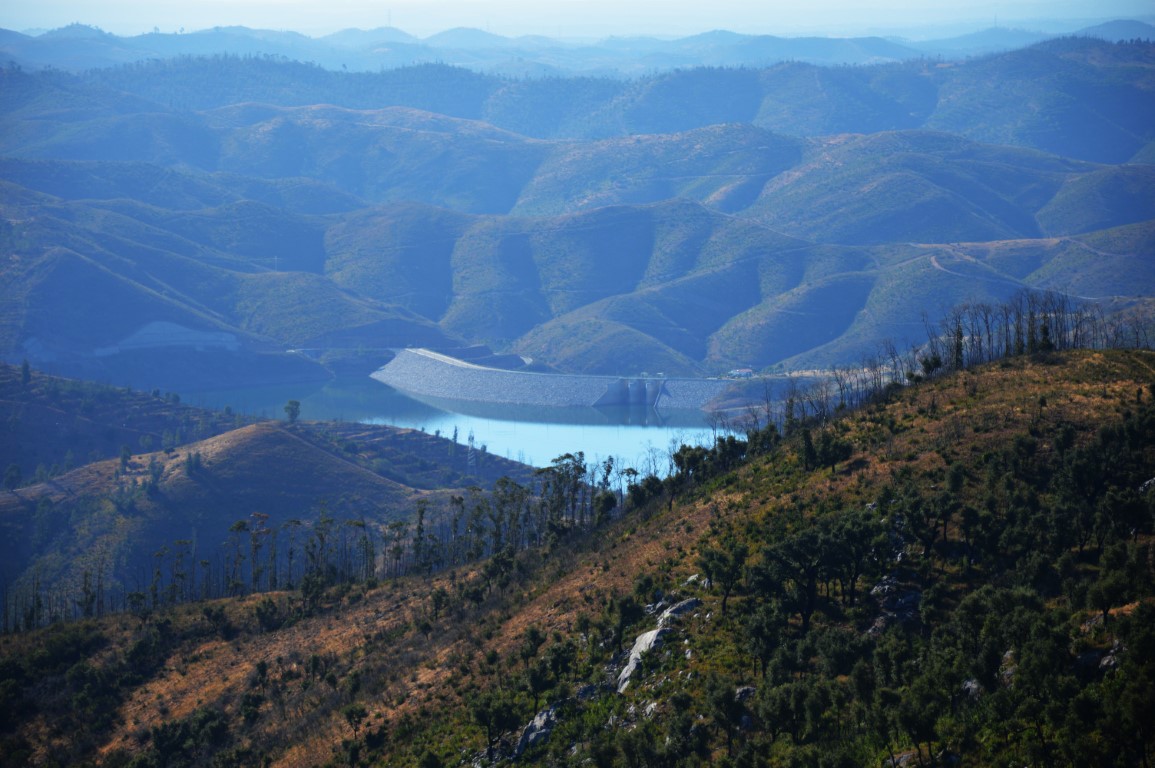
However, the construction of reservoirs has major impacts on nature, not only on river valleys/courses, on fauna or flora, but also on the coast. Contrary to what many insinuate, some even with political responsibilities, the water transported by rivers and streams is not “lost” to the sea, this is its natural route.
As if the right that humans have to the precious liquid were superior to that of the other animals and plants that make up nature…
Dams, among other negative impacts, prevent sediments from reaching the ocean and, without them, the sea will, sooner or later, invade the beaches and shorelines, to recover the sand deposited there in the past, obviously destroying human occupation in these areas. locations.
On the other hand, the entire marine ecosystem is affected. At sea, the drought is also felt and, Due to the absence of food (sediment transported by rivers), fish are not attracted to the coast.
Man's interventions in nature have, in recent decades, been destroying the balance it presented, now further aggravated by climate change. Droughts, floods, heat or cold waves are not new phenomena, but what was previously very rare will become increasingly frequent.
The abnormal flowering of plants in December and January, or several times a year, as has been observed, is something that we should think about. There are birds that started nesting in autumn, even in December partridges were seen with partridges, while reptiles stopped hibernating.
The high temperatures that have been recorded in recent winters are responsible for this. Climate change is very obvious, there is no way to ignore it, although the majority still do.
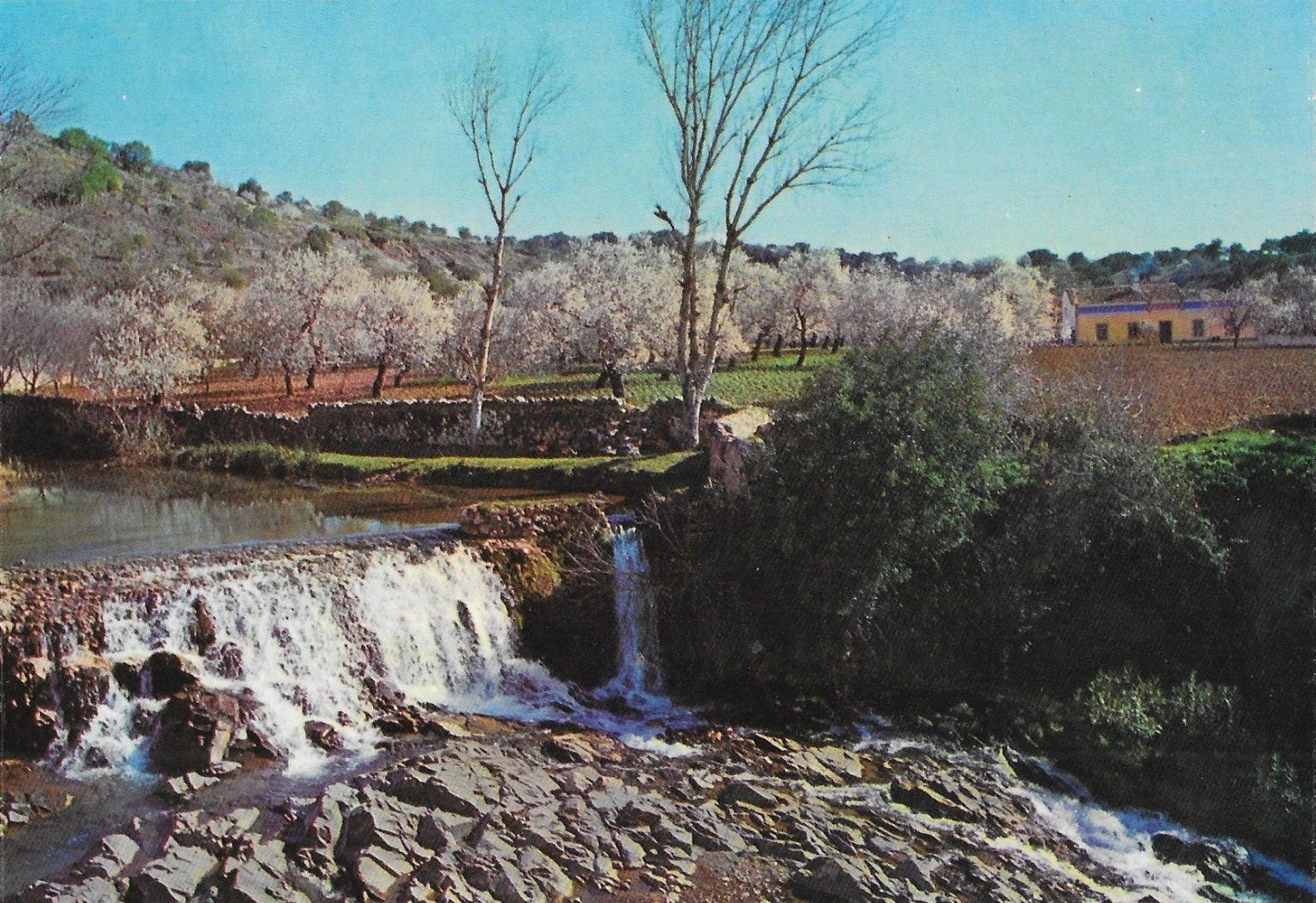
Having said that, how to mitigate drought?
Contrary to what is swarming on social media, there are no easy solutions and, despite all the variants we mentioned, we cannot solve the problem, ignoring the impacts of dams, climate change, or even desalination.
The latter presents several drawbacks, from the outset the brine that ends up being discarded into the sea, where, in less agitated waters such as the Algarve, it will tend to accumulate, due to its greater density.
In the case of the Algarve, it is not a minor problem, in addition to the fact that the production cost is extremely high, just multiply our current invoice by 10. Are we willing and able to pay between 200 and 300 euros per month for the water supply service?
Bringing water from the north (Minho) to the south does not seem like a solution, especially because the drier climate will extend to Estremadura. And just remember the countless transfers that exist today in Spain, which do not prevent the drought situation that the entire Levant is going through, more serious than the one we are currently experiencing.
As for Alqueva, as it currently appears to us, in full storage, it is the exception and not the rule for the coming years, as the climate will also be dry in Alentejo and Spain, let us have no illusions.
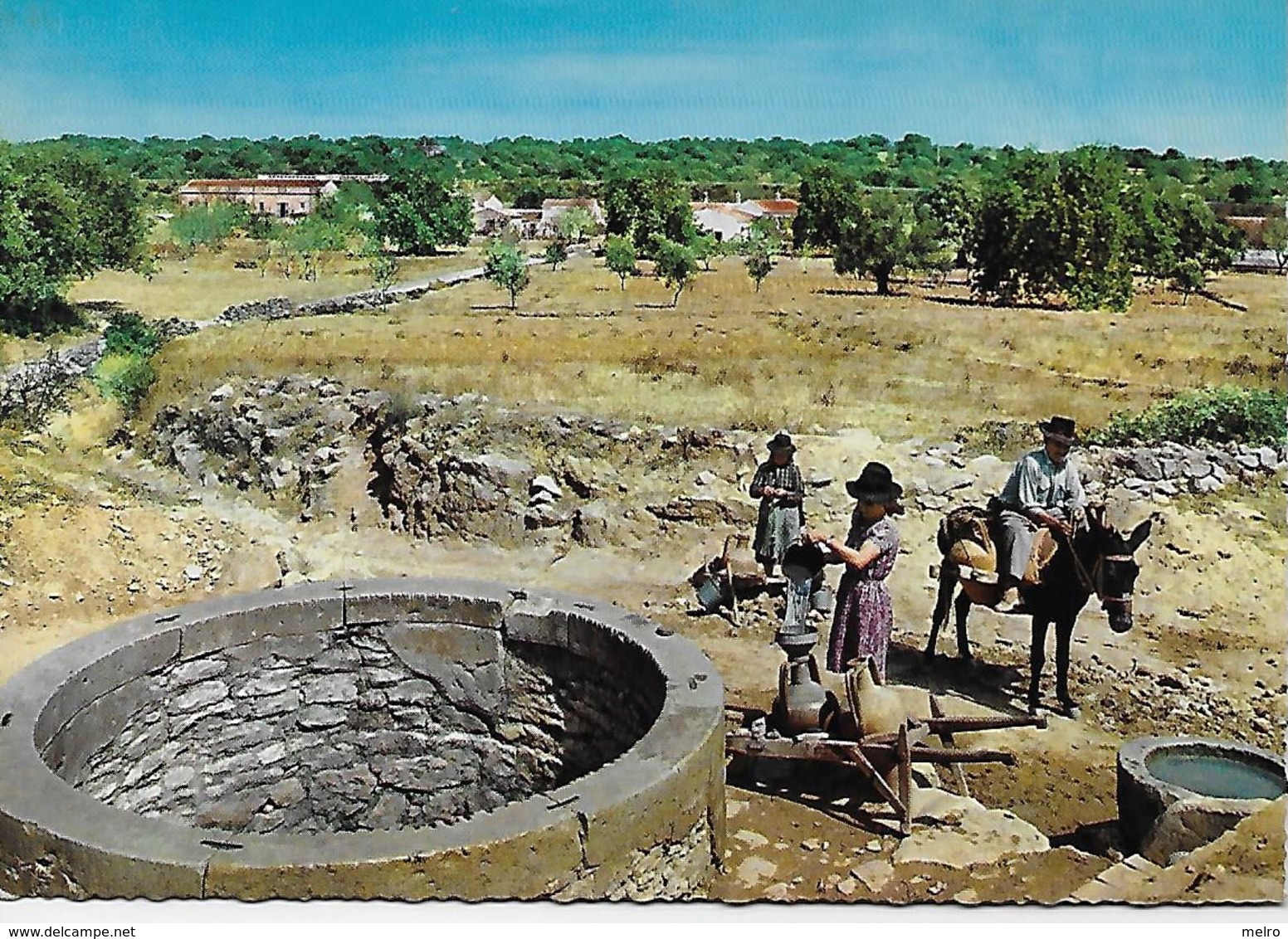
So what can we do?
Save water! We all have to be aware of this need when we turn on the tap. Where is the big awareness campaign for Algarve residents and tourists who visit us?
Tenuous initiatives have been seen so far, while consumption continues to increase, as happened in January, compared to the same month in 2023.
Not even the mayors could reach an agreement regarding the increase in water prices, something that is only late, more concerned with their political future than with the sustainability of the region.
We may resort to religious processions, as our ancestors did, but success will certainly be relative.
Reforesting the mountains, with species adapted to the new climate (by 2070, according to climate models, there will no longer be cork oaks below the Tagus River), should be the number one priority for political decision-makers. Which no one, but no one, prioritizes. Of course, it doesn't foresee pharaonic works and we only remember the mountains in the summer: if reforested and cared for, the fires would also end there.
Only with a forested mountain range will it be possible to make the climate more humid and retain water in the dead layer, in a natural way, instead of it rushing through the valleys and streams. But none of this is new, we just need to remember Prof.’s publications. Manuel Gomes Guerreiro in the 1950s, or other young technicians at the first Algarve Congresses.
Some of the latter embarked on political careers and now, despite being retired and well paid (pension and subsidies), they dedicate themselves to agriculture and protagonism, defending the indefensible.
Let us bear in mind that we are not in 1980, defending solutions that would make a difference then, but that today, in light of current knowledge and climate change, are reprehensible on several levels, such as the construction of dams.
But we can now use treated wastewater, collecting it in vehicles attached to tanks at WWTPs and transporting it, for example, for watering public gardens.
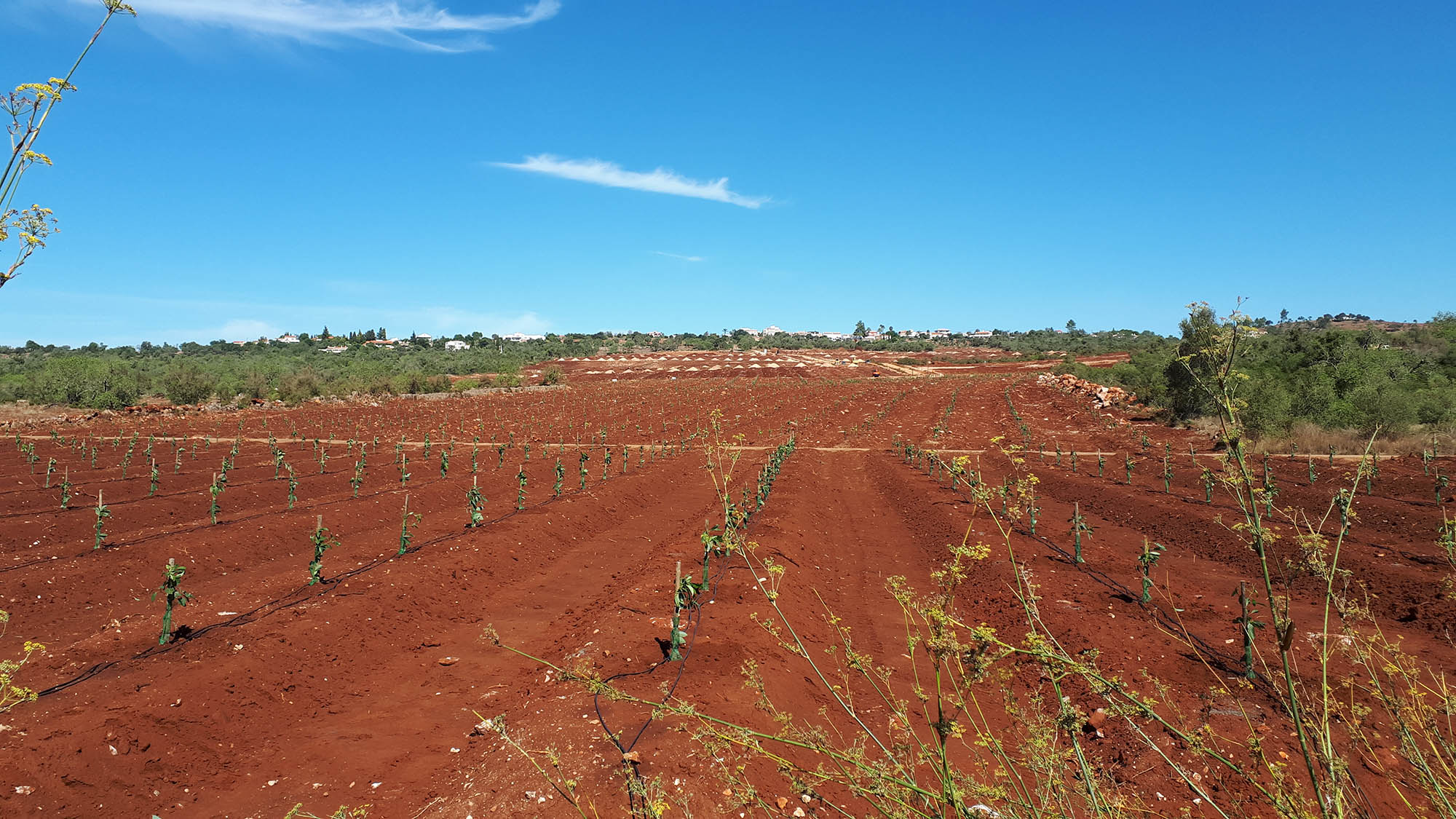
In short…
Drought in the Algarve has always been normal and now it will be even more frequent.
It is abnormal for farmers and agricultural engineers to insist, and forgive me the metaphor, on “growing rice on rainfed land”, consecutively increasing the irrigated areas.
We once again use popular wisdom: “those who don't have money, don't have vices”. We cannot continue to create unsustainable agriculture, otherwise, today or tomorrow, we will lose everything, that is, what we should never have planted, and further jeopardize the region's environmental balance.
The Algarve needs strong but sustainable agriculture. Surreal is also the common citizen unconsciously using and abusing the precious liquid as if we had it in abundance.
May the drought be an opportunity for us to learn to live with what we have, saving as much as possible, on a daily basis, an increasingly scarce resource and promoting sustainable and viable agriculture, gardens and golf courses in this territory.
“A house without bread, everyone scolds and no one is right”: no other proverb is better suited to the situation in which we live.
We do not have the right to destroy the Algarve, due to the greed of some and the unconsciousness of others, transforming it “into a burnt land”. May these years of drought make us reflect and act in defense of a sustainable region, environmentally, socially and economically, which we have the duty and obligation to pass on to future generations.
Finally, we cannot help but remember that major droughts have always ended with colossal floods and this time will be no exception. The great flood of the Guadiana in 1876, or in Silves the following year, or many others in Tavira, are examples of this.
Ah yes, there will come the “need”, forgive the irony, to build the Alportel dam, north of Tavira…. Even the desalination plant appears to be located in the flood bed of the Quarteira river... Since we didn't prepare for the drought, let's do it for the flood.
Author Aurélio Nuno Cabrita is an environmental engineer and researcher of local and regional history, as well as a regular collaborator of the Sul Informação.
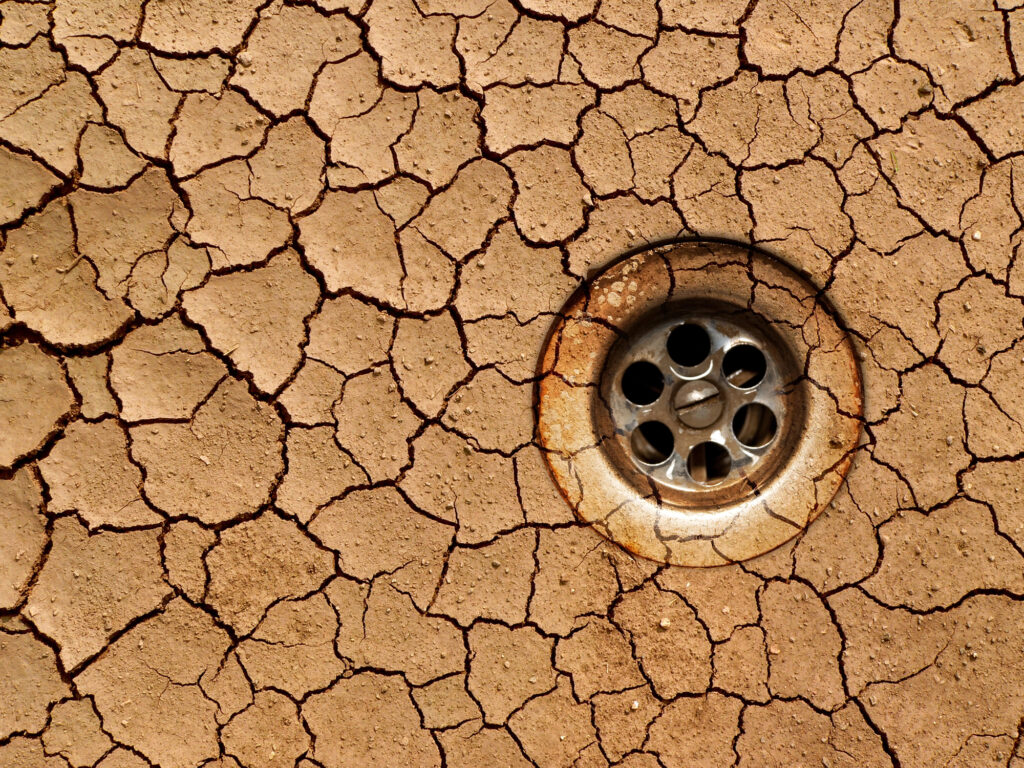
















Comments